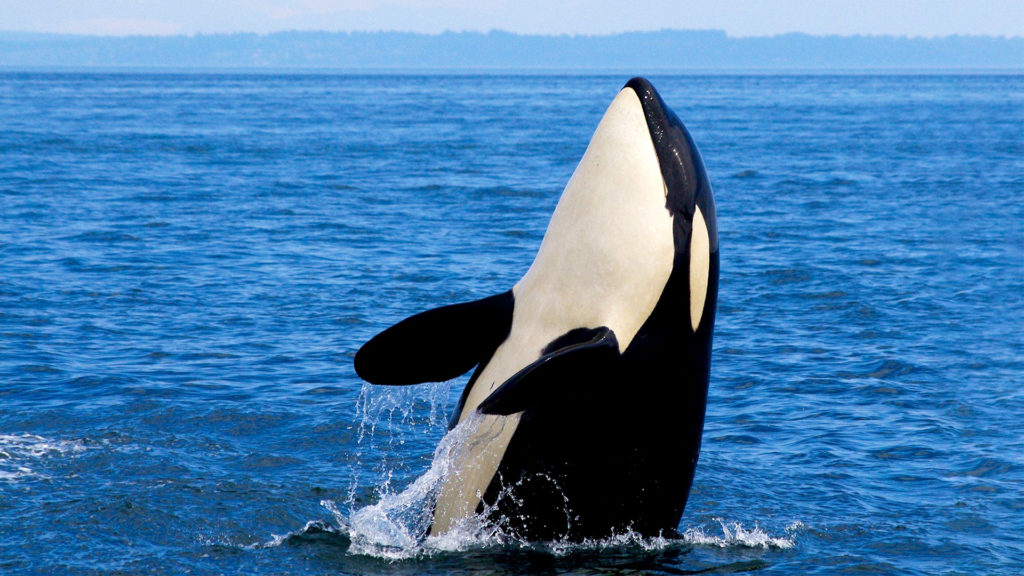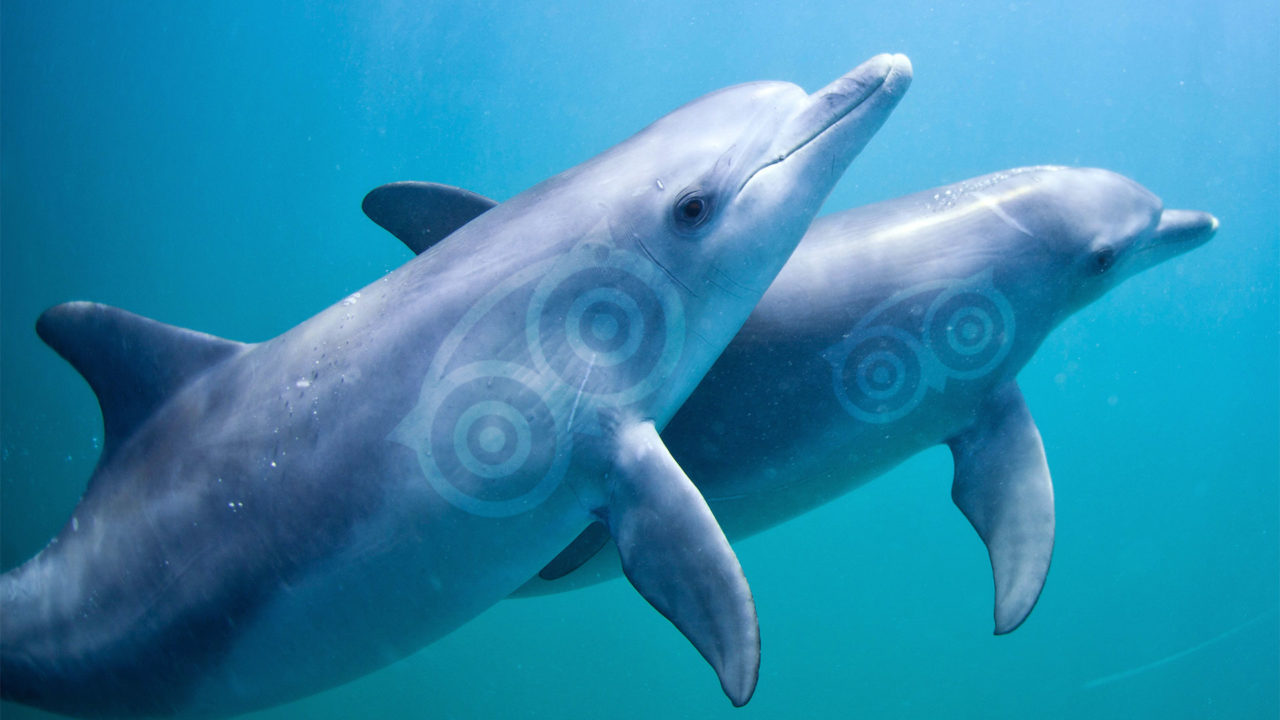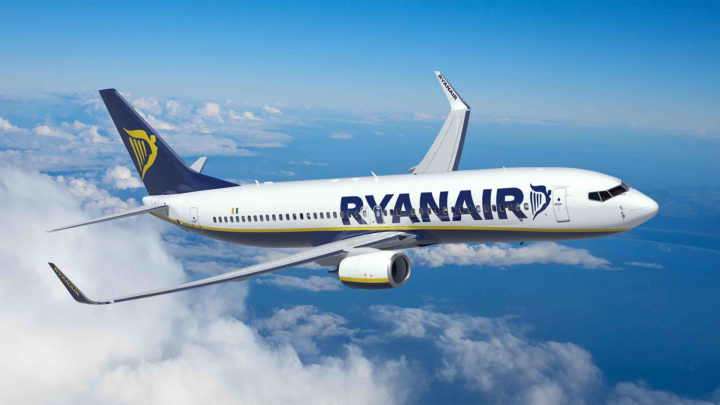One of the top tourism review sites takes measures on behalf of marine mammal welfare. TripAdvisor announced that from now on it will no longer sell tickets to, generate revenue from, or maintain commercial relations with attractions that contribute to the captivity of future generations of cetaceans.
TripAdvisor’s Pro-Wildlife Initiatives
Both TripAdvisor and its sister page Viator will stop promoting any establishment that breeds or imports whales, dolphins, porpoises or other marine mammals for public display. The new policy will come into full effect by the end of this year. Any commercial facility that violates these new rules will be removed from TripAdvisor’s listing.
This action is part of the company’s Animal Welfare Policy. Launched in 2016, this initiative bans the sale and promotion of attractions where tourists come into physical contact with captive wild animals, as well as shows demeaning to animals.
A Consensus Against Animal Abuse
TripAdvisor representatives consulted with marine biologists, zoologists and conservationists prior to their decision. “The extensive evidence presented to us by the experts was compelling. Whales and dolphins do not thrive in limited captive environments, and we hope to see a future where they live as they should – free and in the wild,” said Dermot Halpin, President, TripAdvisor Experiences and Rentals.
The users of the website also voiced their opinion. A recent poll of more than 5,000 TripAdvisor members revealed that 80 percent do not believe whales and dolphins should remain in captivity for entertainment purposes. 42 percent, meanwhile, believe these animals should not remain captive for any reason.

Avoidable Tragedies
Animal activists have spoken against subjecting marine mammals to captivity ever since establishments with trained dolphins and orcas have existed. The concept gained popularity with Free Willy, a movie about the release of a killer whale in captivity.
That movie prompted a movement to “Free Keiko,” the movie’s killer whale star. Keiko was freed from the park where it was held, then rehabilitated and released to the open sea in 2002. However, Keiko never got used to its new environment and died in 2003 from pneumonia on the coast of Norway.
The most shocking incident in the cetacean anti-captivity movement was the death of Dawn Brancheau. Tilikum, a captive orca, killed the trainer, its third human victim, during a show at a renowned water park. The film Blackfish documents how Tilikum became violent as a direct result of the traumas endured during its life in captivity.
Acceptable Exceptions
TripAdvisor’s pro-cetacean initiative contains some justified exceptions, based on cases similar to Keiko and Tilikum. Seaside sanctuaries that provide care to cetaceans already in captivity are exempt, as well as supervised touch and feel aquarium pools for educational purposes and any entity with volunteer programs for endangered species preservation.
These establishments are awarded the privilege for their role taking care of cetaceans currently in captivity, whose time outside their natural habitat would make it difficult for them to transition to a life in the wild. “We believe the current generation of whales and dolphins in captivity should be the last, and we look forward to seeing this position adopted more widely throughout the travel industry,” Halpin said.




